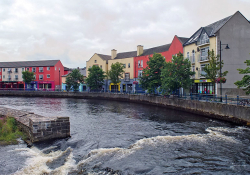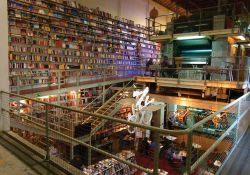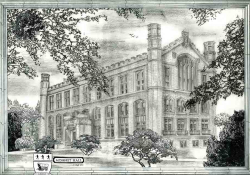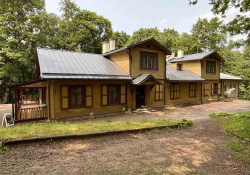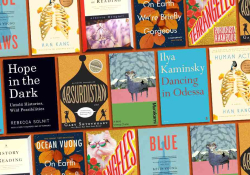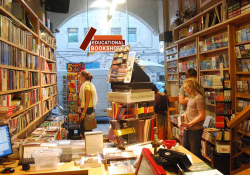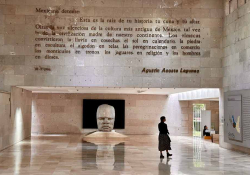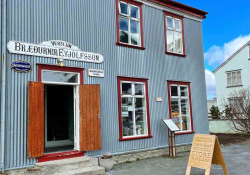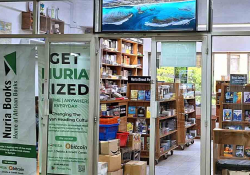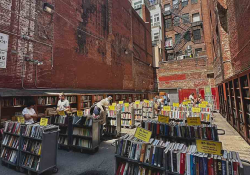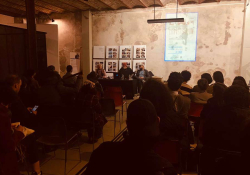The Literary Storehouses of Coimbra, Portugal
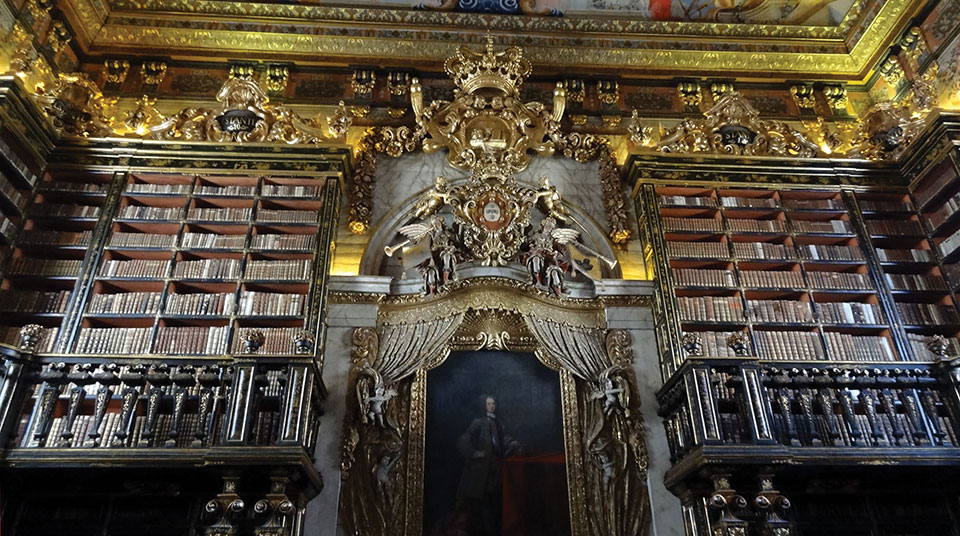
TWO HOURS BY TRAIN from the capital in Lisbon and midway to Porto in the country’s northern quarter, Coimbra is home to Portugal’s oldest university. The main campus sits proudly above the scaffold of terra-cotta rooftops and winding, cobbled streets of the old town where you’ll find the material relics of the city’s history, dating back to Roman times. Often, at night, the praças fill with students, whose chants preserve the cultural heritage of Coimbra as securely as stone, its tradition of song as strong as that of the written word.
Visitors to the city are irresistibly drawn up the hill by the Biblioteca Joanina, which sits beneath “A Cabra,” the university clock tower. A baroque masterpiece of gilt and painted wood, the eighteenth-century library houses thousands of volumes that, despite an ongoing digitization effort, remain unique to its shelves, accessible only to those with objects of study arcane enough to pass a requisition slip through the librarians’ scrutiny. At night, a colony of bats patrols, snapping up insects looking to snack on the margins of the country’s literary heritage. Whether or not you’re liable to believe the claims that the grand library of Beauty and the Beast took some inspiration from the site, no visit to the city would be quite complete without a glimpse of this landmark.
On your way there, though, perhaps on the steps of the Old Cathedral, you’ll find groups of students caped in the traditional academic uniform singing and playing in tunas, carrying on the city’s musical legacy and earning a few coins for their colleges’ year-end celebration. Should you happen to get lost down a side street (easily done), you might even find yourself in front of one of the ramshackle torch-bearers of Coimbra’s university traditions: the Repúblicas, houses of student conviviality, each with its own ad hoc library, its own eccentric practices, and its own part in Portugal’s artistic and political history.
It was in a República that a young, despondent Agostinho Neto began his first book of poetry, A Renúncia Impossível, little guessing he would someday lead Angola into independence as its first president. In the twilight years of Salazar’s dictatorship, the revolutionary songwriters Zeca Afonso and Adriano Correia de Oliveira dined, drank, and played in Repúblicas. Histories oral, written, and sung pile up in these communal libraries and living rooms. Their walls, thoroughly scrawled, are palimpsests of all (all) that passes through, poems and quotes from past members keeping company with evolving memes and explicit jokes. An off-brand Sharpie sits ever at the ready, underlining the message that what is produced here is valued, whether for a laugh or a moment of inspiration.
As for tickets and requisition slips, a knock on the door or a shout up to an open window generally does the trick. You’ll find out fast that there’s no gilding here—just layers of paint.
